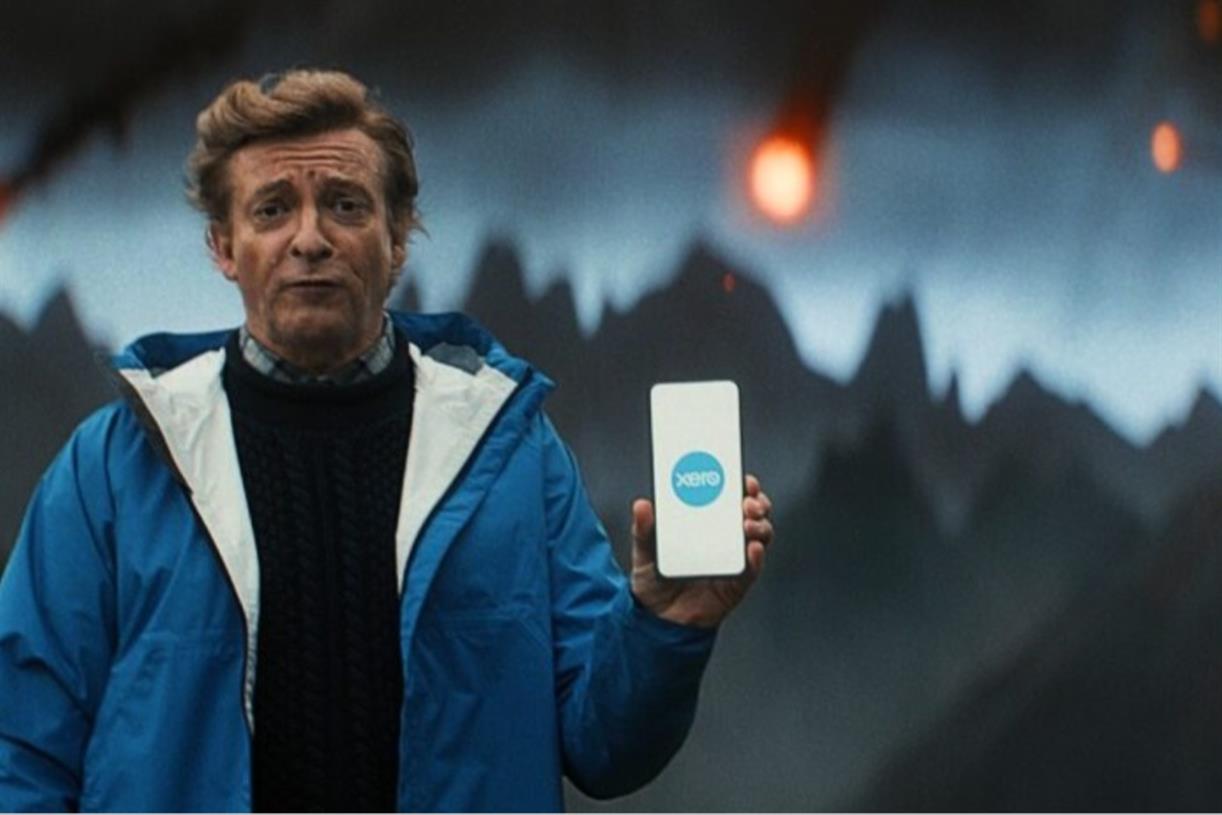Is Twitter B2B Friendly? How Companies Are Reacting to Musk’s Twitter Takeover
A recent Brafton survey found that most marketers aren’t anticipating any big changes to Twitter’s marketing business.

On October 27, 2022, Elon Musk officially bought Twitter for $44 billion, stepping up as the company’s new CEO. While many people were excited for the tech billionaire to transform their favorite social media platform for the better, it seems like things are going downhill fast, with Musk now saying he plans to step down (we’ll see). As the days have gone by, more and more people are speaking out against the approach that the new administration seems to be taking, and Twitter users are leaving the platform in response — even some notable celebrities.
Yet, despite the antics and behind-the-scenes problems, Twitter usage remains at an all-time high (if you believe Elon’s tweet):
Twitter usage is at an all-time high lol
— Elon Musk (@elonmusk) November 8, 2022This has left many companies wondering if Twitter B2B marketing is still a viable strategy for their business. After all, Twitter ads and posts have long been a great way to spread brand awareness, boost audience engagement and drive traffic to your website.
So what are the issues that companies should be aware of, and is there a future in Twitter marketing? Let’s find out.
The Current Problems Plaguing Twitter
Since Elon Musk initiated the acquisition of Twitter in April 2022, the news has been buzzing with stories about the social media platform. While headlines might forecast a fiery downfall, things haven’t changed much for the average Twitter user. But that doesn’t mean the problems at the company aren’t real. From Musk’s erratic behavior to the behind-the-scenes issues, the recent change in leadership has caused concern for many businesses using Twitter advertising in their social media marketing strategies.
To get a better understanding of how the social media network is struggling, let’s examine the problems it’s currently facing:
Employee Exodus
One of Musk’s first acts upon his Twitter takeover was to lay off around half of its staff, dropping the company from 7,500 employees down to just 3,700 by the end of October. In November, Musk sent out a company-wide letter that asked workers to commit to longer, harder hours or leave. This move resulted in another 1,000 to 1,200 people resigning.
Some of these layoffs and resignations included top C-level employees at the company, spelling trouble for future leadership decisions. In addition to executives, Twitter also lost thousands of employees that normally keep the platform running smoothly.
Subscribe to
The Content Marketer
Get weekly insights, advice and opinions about all things digital marketing.
Thanks for subscribing! Keep an eye out for a Welcome email from us shortly. If you don’t see it come through, check your spam folder and mark the email as “not spam.”
Free Speech and Misinformation
Elon Musk touts himself as a “free speech absolutist,” disagreeing with the practice of permanently banning a Twitter account that repeatedly violates the rules. In November, he even reinstated numerous accounts that had previously been suspended.
While this isn’t necessarily a problem in and of itself, the rhetoric used by some of these banned accounts can have real-world consequences. In fact, recent Twitter analytics revealed an uptick in slurs and hate speech in the Twitter community upon Musk’s takeover. And shortly after the acquisition, Musk himself even posted a tweet alluding to baseless conspiracies surrounding the attack on Paul Pelosi. Add this to Musk’s more recent acts of banning high-profile journalists and it’s easy to see why people are casting doubt on his “free speech” commitment.
Twitter Blue and Parody Tweets
In an effort to drive more revenue and further monetize active Twitter users, Musk devised a monthly subscription plan that adds a blue checkmark to your Twitter profile and provides early access to new features. When Twitter Blue initially launched, it was met with a lot of criticism. Many users questioned why they would pay $8 for a blue check. Meanwhile, organizations were excited about the potential business features.
However, soon after rolling out Twitter Blue, it became a nightmare for B2B marketing. A trend started where people would create a new Twitter handle with the blue check mark and pose as a reputable company to post humorous and sometimes offensive content. While a lot of these jokes were simply intended as funny memes for the Twitter community to enjoy, some of them caused real financial damage. For instance, the pharmaceutical company Eli Lilly had its stock fall by over 4% in a single day after a fake tweet announced it was making insulin free:

And here is the original account’s apology over the incident:

Musk Stepping Down?
Following over a month of criticism and internal chaos in the company, Elon Musk posted a poll asking users if he should step down as head of Twitter. The final results indicated that over 57% of people agreed he should resign.
Should I step down as head of Twitter? I will abide by the results of this poll.
— Elon Musk (@elonmusk) December 18, 2022Later, Musk tweeted his intentions to leave as soon as he found “someone foolish enough to take the job.” While many of his Twitter followers voiced support for his leadership, it seems like most people breathed a sigh of relief.
I will resign as CEO as soon as I find someone foolish enough to take the job! After that, I will just run the software & servers teams.
— Elon Musk (@elonmusk) December 21, 2022However, just because Musk promised to step down doesn’t necessarily mean the company is headed for better days. Not only will he have to find a suitable successor, but the remaining team will have to fix some of these recent issues. Furthermore, some believe that Musk will simply find a new figurehead to operate in a nominal capacity while he runs the company in the background. This could mean continued headaches for those in social media marketing.
Are Companies Fleeing Twitter?
Now that we know the problems facing Twitter, the question remains: Are companies actually pulling out of this valuable social media channel?
Well, yes and no.
You might have seen headlines about Omnicom, a major ad firm representing the likes of Apple and Johnson & Johnson, recommending their clients hit the pause button on Twitter ad spend. In addition to these brands, around half of Twitter’s top advertisers have been dormant since the takeover.
However, it seems not every business is on the same page. In fact, it looks like the average B2B marketer doesn’t foresee any major changes to their Twitter strategy. Whether it’s due to confidence that things will work themselves out, or because their B2B audience is still active on Twitter, many companies are maintaining their social media presence on the platform.
So we asked B2B marketers how they felt about the future of Twitter marketing, and this is what they had to say:
Politics Won’t Keep Marketers Away
Politics on Twitter seem to be a top concern for many users. Musk describes himself as a “free-speech absolutist” and has repeatedly committed himself to protecting freedom of expression on the platform. Some users have interpreted this to mean he intends to roll back Twitter’s existing conduct policies and let hate speech run rampant.
While more than one-fifth of respondents in our survey said they would leave Twitter for political reasons, it seems most marketers are confident that any change in Twitter’s political dynamic won’t impact the marketing side of the business. Almost 80% of respondents said they wouldn’t leave the platform for political reasons.
Neither Will the Cost of Doing Business
Of course, there are non-political reasons for leaving Twitter, too. One of Musk’s top priorities is adding new revenue streams to make Twitter profitable (the platform has only run a profit in 8 of the last 10 years, according to The New York Times). The billionaire initially floated the possibility of charging $20 for blue-check verification to help raise funds, which later came down to $8 after a tiff with Stephen King.
$20 a month to keep my blue check? Fuck that, they should pay me. If that gets instituted, I’m gone like Enron.
— Stephen King (@StephenKing) October 31, 2022That said, most marketers are not particularly concerned by this update. According to our results, 52.6% of marketers are willing to pay $20 for Twitter verification (and we imagine even more would be willing to pay $8).
Overall, more than 80% of marketers in our survey intend to stay on Twitter, while just 17.6% are planning to leave. Finally, less than 3% of users have actually made the switch to a new platform, a sign that some of those who are currently considering leaving Twitter may end up staying after all.
Do the Headlines Match Up With Reality?
This is all consistent with a broader view among marketers that life on Musk’s Twitter (or whomever he hands it off to) will mostly be business as usual. While many of our survey respondents still advise taking a cautious approach to the acquisition and monitoring any possible changes to the user experience, it appears most of them aren’t going to be making any radical changes to their B2B marketing strategies any time soon.
And to the question, “In case your B2B company uses Twitter, how will Musk’s takeover impact your strategy?”, almost 74% of respondents said they will keep using Twitter the same way they did before, while just 8.8% plan to take their social media campaigns elsewhere.
There’s a lot of noise out there right now surrounding Elon Musk and Twitter. But from the sound of it, most B2B companies aren’t anticipating any big changes to Twitter’s marketing and advertising arm.
Editor’s Note: Updated December 2022.

 KickT
KickT 







![How Nonprofits Can Use TikTok for Growth [Case Study + Examples]](https://blog.hubspot.com/hubfs/tiktok%20for%20nonprofits-1.jpg#keepProtocol)

















.jpg)






